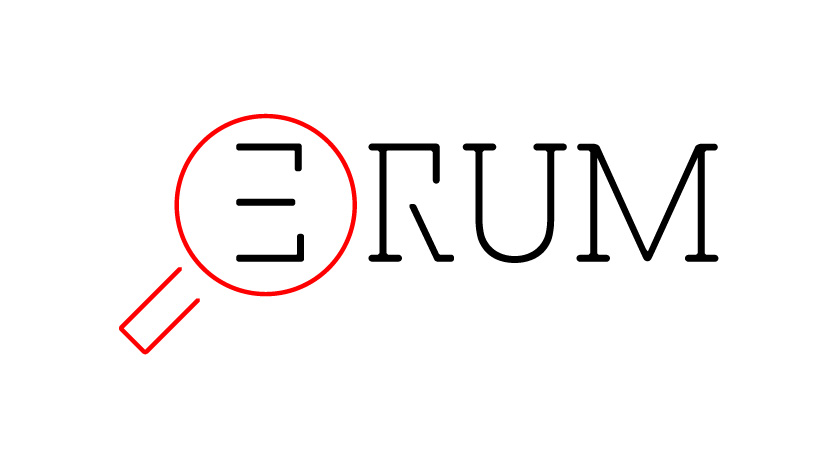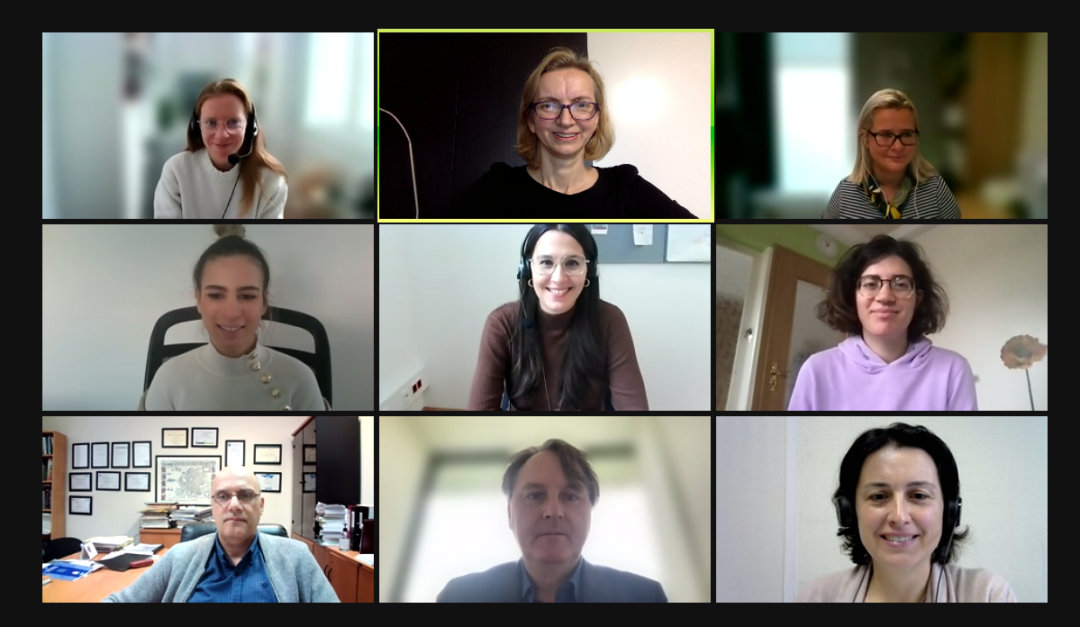While it has been a little quiet around here, partners of the ERUM project have been busy with the implementation of the 2nd part of the Intensive Study Programme “From Post-Truth to Pseudoscience: Understanding the Impact of Disinformation our Societies” in September as well as the finalisation and piloting of the learning material for higher education students.
On 18th of November 2021, the ERUM consortium met again. Although the hopes for an in-person-meeting were high, the partners had to give up the idea of meeting in Kaunas, Lithuania, opting once again for the online environment. Nevertheless, Kristina Juraitė and Rūta Vainauskaitė from Vytautas Magnus University were able to provide participants with a glimpse of Kaunas!
The one-day meeting was used to discuss current developments and next steps within the project. From a management perspective, Johanna Urban from the University of Vienna presented the updated GANTT chart, outlining the successful implementation of the project activities in 2021 and providing an overview of the ones foreseen in the last six months of the project. Among the upcoming activities, there will be the creation of policy recommendations and the organisation of the final conference, expected to take place in May 2022. Furthermore, additional guidance was provided on budgets and reporting procedures.
As far as the policy recommendations are concerned, these will build upon the project’s outcomes and will take into account feedback from associated partners and stakeholders who have been following our project throughout the years. Debora Lucque from the European University Foundation (EUF) took the chance to introduce the partners to the envisioned target groups as well as the structure of this important output.
Partners also exchanged on the aforementioned learning material. Indeed, Andreas Veglis from Aristotle University of Thessaloniki reminded partners about the last remaining steps, the feedback process, and the transfer of the Open Educational Resources to the EUF’s repository. Once ready, a comprehensive set of learning modules will be freely accessible to all students and higher education teachers through the EUF’s platform. The learning resources focus on the project’s topics like science communication, dealing with public polarisation, media discourses about climate change, 5G technology and fake news or the production of news stories for scientific issues.
Finally, partners brainstormed on the audio-visual material which will be produced by the EUF with the set goal of providing the public with an insight into ERUM´s project and outcomes!

